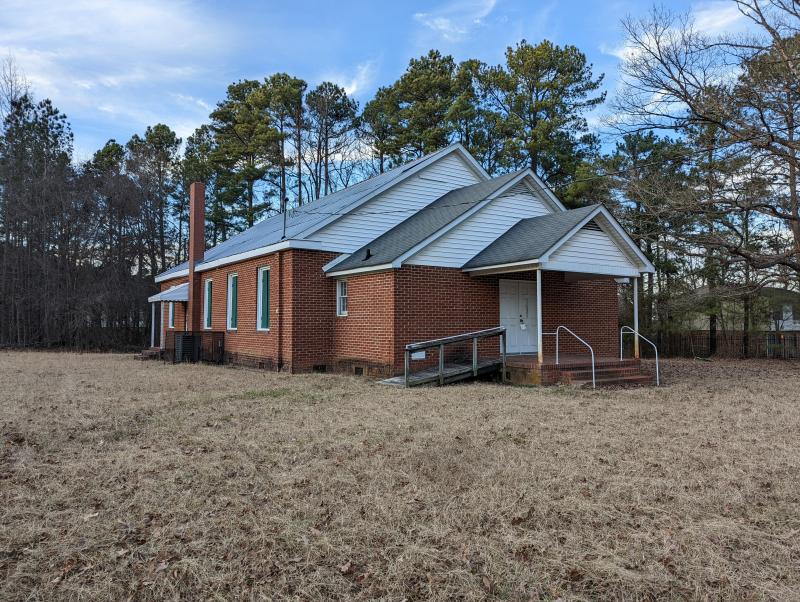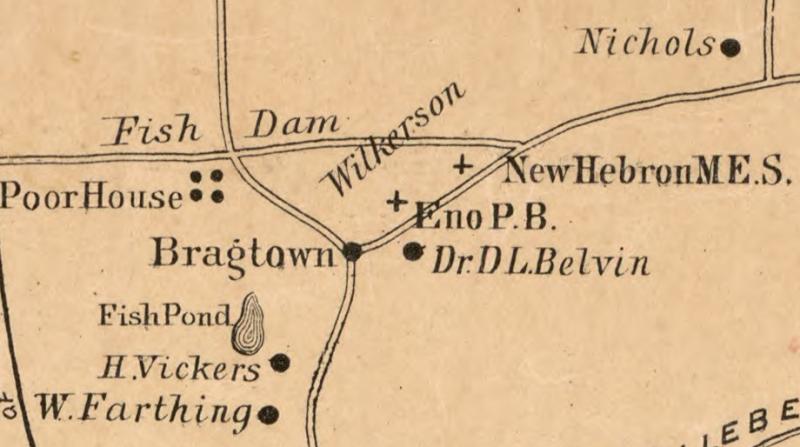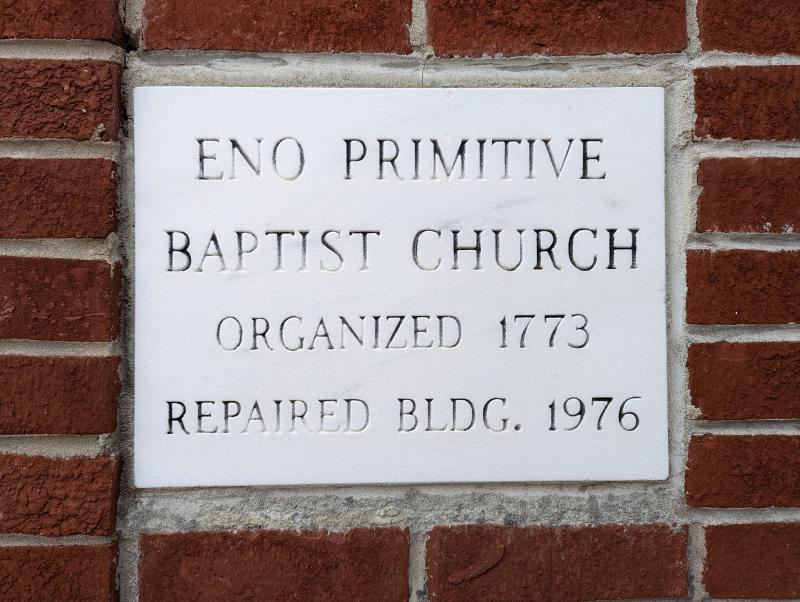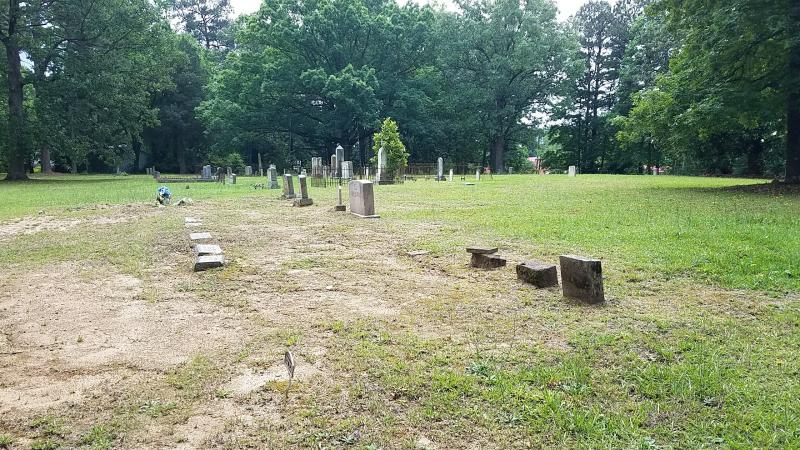Support OpenDurham.org
Preserve Durham's History with a Donation to Open Durham Today!
OpenDurham.org is dedicated to preserving and sharing the rich history of our community. Run by our parent nonprofit, Preservation Durham, the site requires routine maintenance and upgrades. We do not ask for support often (and you can check the box to "hide this message" in the future), but today, we're asking you to chip in with a donation toward annual maintenance of the site. Your support allows us to maintain this valuable resource, expand our archives, and keep the history of Durham accessible to everyone.
Every contribution, big or small, makes a difference and makes you a member of Preservation Durham. Help us keep Durham's history alive for future generations.





Comments
Submitted by dothillhill27103 on Mon, 5/29/2023 - 6:45pm
I have a book dating back to 1773 which is a handwritten record of the members of the church. It tells of The Church at Eno in Conference. There are 179 pages in the book mostly from 1820 to 1838. I wish I knew if this is the same church mentioned.
Submitted by egerm on Tue, 3/11/2025 - 9:13am
In reply to I have a book dating back to… by dothillhill27103
Are any people with the last name "Scoggins" listed in it? My great-great-grandmother is buried outside that church and may have been a member.
Submitted by andyelisa on Thu, 5/1/2025 - 7:59am
In reply to I have a book dating back to… by dothillhill27103
Good morning, dothillhill27103!
In my recent studies of the early baptists of the Orange/Durham county area, I noticed your post above from a couple of years ago. I have been in contact with a longtime member of the Eno Primitive Baptist church and plan to hear more of his stories from his family heritage at Eno Primitive Baptist. However, I am extremely interested in the primary sources and when I read that you have access to the 1820-1838 Conference minutes, I was so encouraged and intrigued. Would there be any possibility to review those minutes so that I can piece together some of the history during that time period? I have other documents from 1870's as well as Shady Grove's conference minutes from 1820's, but I am trying to learn how Shady Grove was started. Shady Grove Baptist church minutes said that they were started from Eno Baptist, so It would be listed in the Eno minutes that you alluded to in your post. Thank you so much and, if you are interested, I would love to exchange contact information. This is amazing.
Submitted by andyelisa on Thu, 5/1/2025 - 10:32pm
In reply to I have a book dating back to… by dothillhill27103
Thanks so much for posting! I attempted to send a post earlier today, but not sure I submitted it correctly. I would be very interested in reading the minutes from 1820 for Eno. I have been compiling the history of the Baptist in the Orange and Durham County area and would love to fill in the gap by reading those minutes. Thank you and feel free to reach out regarding the possibility of reading those minutes. Thank you!
Add new comment
Log in or register to post comments.